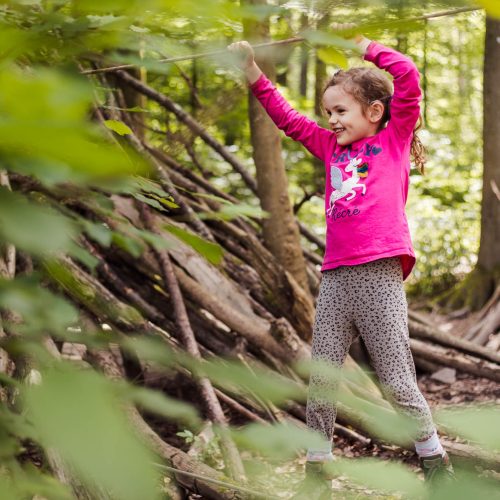
Intergenerational Learning
During our visits last school year, the children and residents shared enjoyable moments through art projects, music, and crafts. One of the highlights was learning about the Bolivian guitar called a Charango. A resident had brought it with him when he immigrated to Switzerland as a young man and now in the later years of his life, he still plays it regularly for friends and visitors. He shared several songs with us and the children had the opportunity to try it themselves. We also had the pleasure of meeting a wonderful woman who had been a teacher in her earlier years. She was overjoyed to spend time with the young children, sharing in their laughter and energy, and it was clear how much the connection meant to her. Her smile and warmth made the experience truly special for everyone involved.
The exchange is intended to promote understanding of the needs of older people as well as the social and language skills of the children. Intergenerational learning is based on the dual benefit that it gives both the residents in the care homes, as well as the young children involved.
Communities that engage in intergenerational learning tend to have stronger social bonds. It promotes a sense of solidarity, mutual respect, and shared purpose among different age groups, making communities more resilient to challenges.
It not only strengthens the fabric of communities but also nurtures an ongoing cycle of learning and development that spans across lifetimes.
At Children First we were proud to pioneer this programme in 2024 with our visiting teacher from Cambridge Fenella Symes and look forward to more visits to residential homes every year.

The exchange is intended to promote understanding of the needs of older people as well as the social and language skills of the children. Intergenerational learning is based on the dual benefit that it gives both the residents in the care homes, as well as the young children involved.
Communities that engage in intergenerational learning tend to have stronger social bonds. It promotes a sense of solidarity, mutual respect, and shared purpose among different age groups, making communities more resilient to challenges.
It not only strengthens the fabric of communities but also nurtures an ongoing cycle of learning and development that spans across lifetimes.
At Children First we were proud to pioneer this programme in 2024 with our visiting teacher from Cambridge Fenella Symes and look forward to more visits to residential homes every year.
